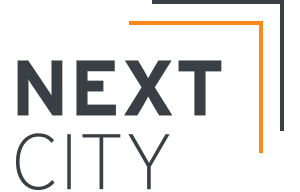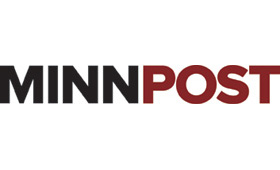Minnesota Public Radio, May 2, 2014
Rural and small-town residents of Minnesota are waving their arms more fervently than just about anybody else in the country to latch on to federal help for better Internet service.
Small phone companies, electrical utilities, townships, cities and newly formed cooperatives have flooded the Federal Communications Commission with ready-made project ideas that would get fast broadband service where it’s never been.
At the same time, three big national companies that provide phone and Internet service to much of rural Minnesota are going to make decisions in the coming months that could determine for years what the rural broadband landscape will look like.
Internet speeds vary throughout Minnesota. Counties in yellow have the fewest households with high-speed access. Many of the areas with the poorest service have expressed interest in getting Federal Communications Commission money to improve.
On both those fronts, the FCC is on a track that could substantially alter the landscape for high-speed Internet in rural Minnesota by the end of the year.
Here’s what’s going on:
The FCC has a big pot of money known as the Connect America Fund, collected from telecommunications customers like you and me across the country as part of our phone bills.
The money used to be aimed at getting phone service to hard-to-reach areas; now it’s targeted more for high-speed Internet access. Most of the people living in areas without good access are in the service areas of the nation’s huge phone companies.
So the FCC is aiming a lot of the money at those companies to get them to improve service in their underserved areas.
In Minnesota, that’s CenturyLink, Frontier and Windstream. In a few months, the FCC will make those companies an offer: Here’s X million dollars to build out better service to Y thousand residents.
The FCC is still pinning things down but the total for those three is expected to be around $86 million a year to serve some 167,000 locations in the state, according to Tom Koutsky, chief policy counsel for Connected Nation, which hosted a Minnesota-targeted webinar Thursday on the topic.
If the companies take the deal, they will commit to a substantial improvement in Minnesota’s rural broadband service.
If they don’t, it’s not the end of the story.
The FCC realizes some companies will refuse the deal, figuring the money isn’t enough for the effort required. So in January, it announced it wanted to figure out how other organizations might be enticed to extend broadband service with the money the big companies don’t claim.
It got more than 1,000 “expressions of interest,” 62 of them from Minnesota, more than any other state. Some would get service to a few dozen people in the North Woods; others would string fiber to thousands throughout farm country.
…snip…
Will the big companies in Minnesota take the money from the FCC?
Jack Phillips, director of regulatory and external affairs for Frontier Communciations, said he expected the company would participate, “but the devil is in the details.”
The FCC’s offer has to make financial sense for the company, he said. One big factor is whether the FCC will require new service to be at 10 megabits per second instead of its existing standard of 4 megabits per second. (You pretty much need 10 megabits if you have a big demand for file-sharing, video conference calls, heavy duty gaming.)
That would be more expensive to build, so the FCC offer would have to accommodate the increase, he said.
Phillips also said Frontier would “absolutely” be interested in participating in any Minnesota financing program but said the company worries that the state would include projects in areas that already have service.
As for the criticism Frontier and other big companies get in some rural areas, he said Frontier covers 95 percent of its territory with broadband but once you get a few miles outside towns, it’s hard to make the business case that’s a good investment.
Even if the Minnesota projects go nowhere with the FCC, they already may have had an impact here in the state.
For the first time, lawmakers here are considering whether to spend money on broadband infrastructure, and the idea has backing from Gov. Mark Dayton. But “there was concern from the governor and others there might not be enough interest,” said Christopher Mitchell, analyst with the Institute for Local Self-Reliance. “This answers that.”





